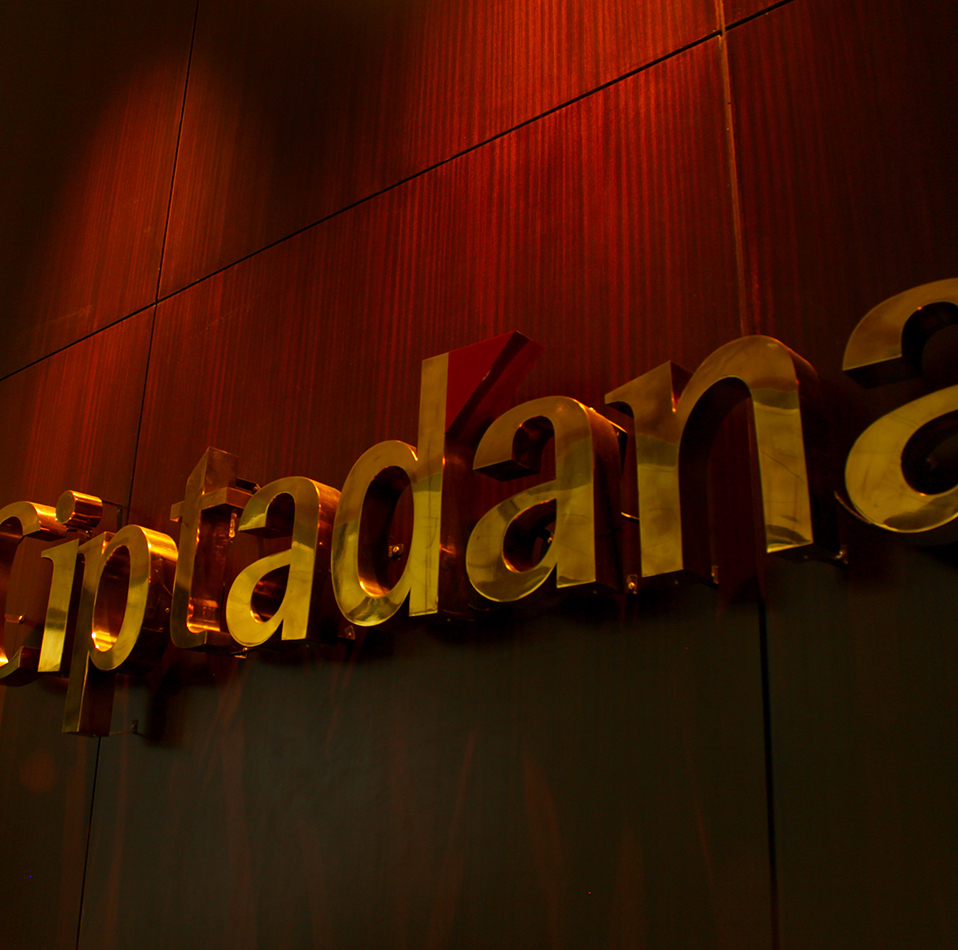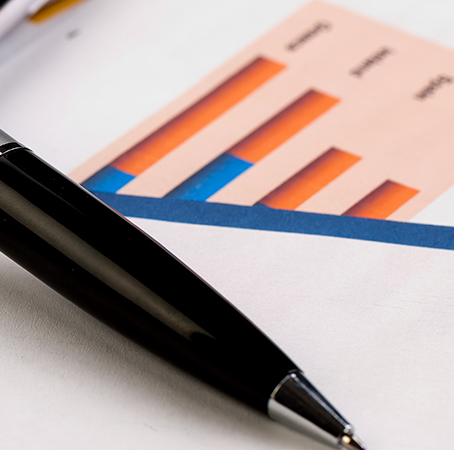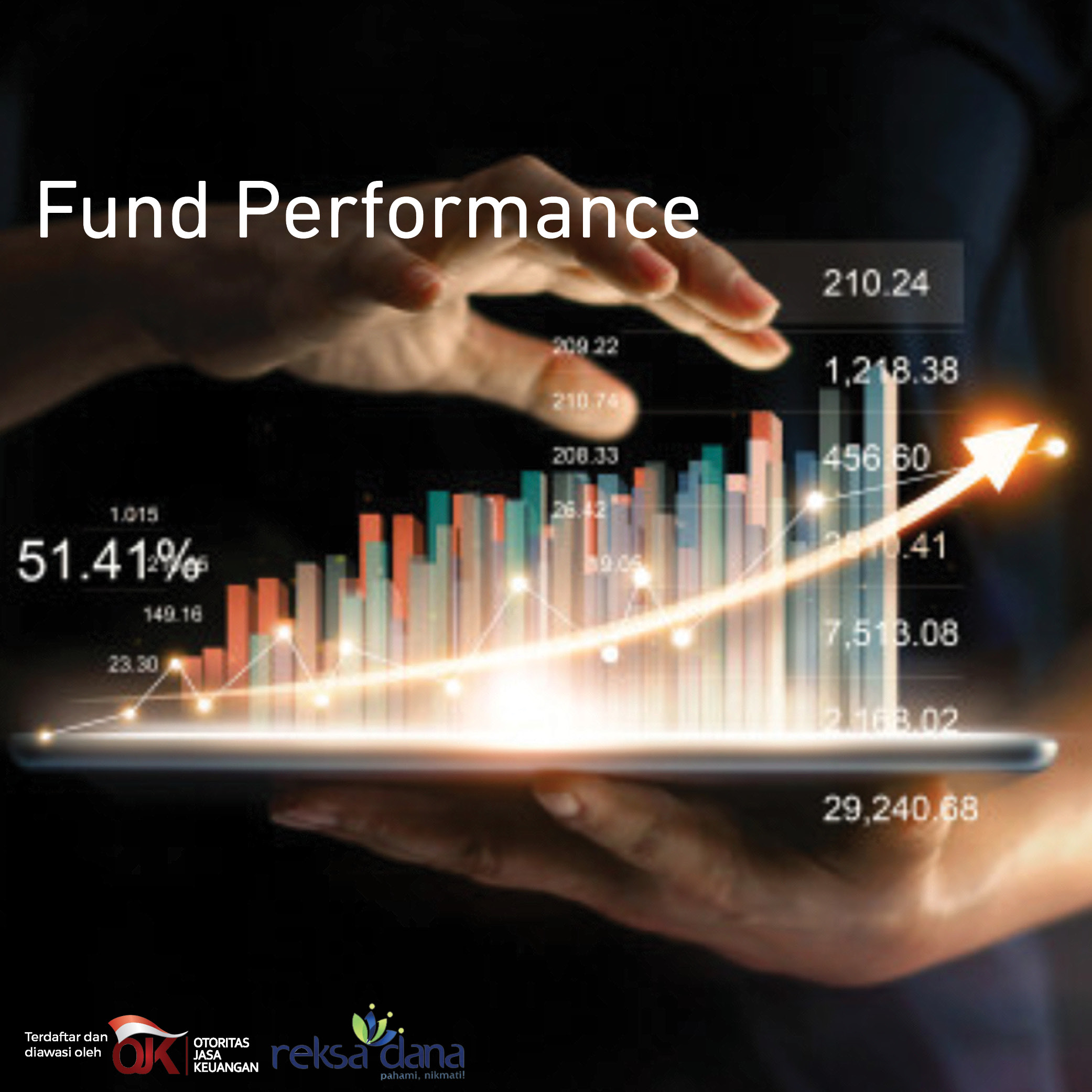Indonesia at a glance
Indonesia has passed many economic hurdles in 2019 but still managed to carry on. In 3Q19, GDP growth remained stable at 5.02% YoY with consumption grew at 5.01%. CAD remained manageable at 2.7% of GDP meanwhile BoP posted at USD46 mn deficit (vs USD1.9 bn deficit in 2Q19). Inflation also remained stable at 3.0% YoY in Nov-19 although seasonal irregularity hits and the peak season is about to come. Amid the global economic downturn and the everlasting trade war, Indonesia grows certainly but at slower pace. However, there are some rosy aspects below that may help the economy to get through.
Monetary sector: long breather before the rate changing
As the Fed has held its rate at 1.5% - 1.75% in its last FOMC Meeting in 2019, it allays every central banks included Bank Indonesia (BI) to hold back the rate cut trend. The trend of rate cut worldwide happened previously in order to accommodate growth. This year, BI has cut its benchmark rate by 100 bps to 5.0% while the Fed has already cut rates three times in 2019. Broadly, this should be positive for the investment climate that the government has been striving so hard to manifest. However, many believe that in 2021 and forth, the rate will be set higher as the projection previewed on Exhibit 3 displays despite many economists see the rate will remain unchanged. However, we expect that BI will take a breather for several months from now in rate cutting so the rate will be held at 5.0% for YE 2019 while monitor the effect of the prior cuts to the real sector.
Political stability: bury the hatchet
In his second (and final) five-year term of presidency, Jokowi brought his main opposition leader into his cabinet. By doing so, political stability is assured and economic reform can be achieved easier without any significant frictions among the cabinet. Nevertheless, Jokowi also filled his cabinet with experts where the composition is made of 56% professionals and 44% political affiliations. Stability matters for investment especially FDI as subsequent changes can be more predictable and less risky so investors can focus more on running business. From Bloomberg Country Risk Score, measuring country's overall risk across financial, economic and political sectors, Indonesia got 18.3 or it is the highest in a decade (the score just started in 2009). The higher the score, the better the performance is. Thus, we believe the stability will bring better outcome in terms of conducive investment climate and economic reformation.
Fiscal sector: widening budget deficit cap
Ministry of Finance (MoF) reported the realization of the issuance of net government securities (SBN) in 2019 has reached Rp460.27 tn, or 3.1% higher than the new level of financing requirement at Rp446.5 tn. Up to Nov-19, MoF has issued Rp894 tn or has achieved 98.9% from the new target at Rp904.08 tn in 2019. The elevated target was aimed to finance the government’s new target of budget deficit at 2% - 2.2% to GDP or equals to Rp322 tn – Rp354 tn of deficit. Despite the widening deficit, MoF is still confident enough to get more financing due to the positive market momentum and the policy rate cut trend. However, the probability of the widening budget deficit is looming as tax collection has just achieved 72% of the target set at Rp1,577.6 tn. Meanwhile in Nov-19, government spending has achieved Rp2,046.9 tn or 83.2% from the budget. Thus, we see the deficit will be ranging from 2.2% - 2.4% to GDP as the tax revenue shows a slower growth while spending growth pace is relatively hard to curb. Therefore we see downside risk to our current budget deficit forecast of 1.7% of GDP.
Trade performance: not a year for trade
Compared to 2018, trade in 2019 is unquestionably weaker. As long as the trade war is still there, Indonesia trade will not revert to normal. The world is still waiting for the trade deal on another round of tariffs on Chinese goods which are scheduled by Dec. 15th. There will be a slight growth on export by 2.9% YoY as winter lifts demand for coal due to cold weather in some countries. However, we see the commodities price remain sluggish. On import side, we estimate -7.5% YoY of growth as the Indonesia Purchasing Managers (PMI) index stood at 48.2, the second steepest decline since Nov-15. Thus, we estimate the trade balance may swing to deficit at USD299.9 mn in November while reviewing our CAD forecast for 2019 and 2020.
















